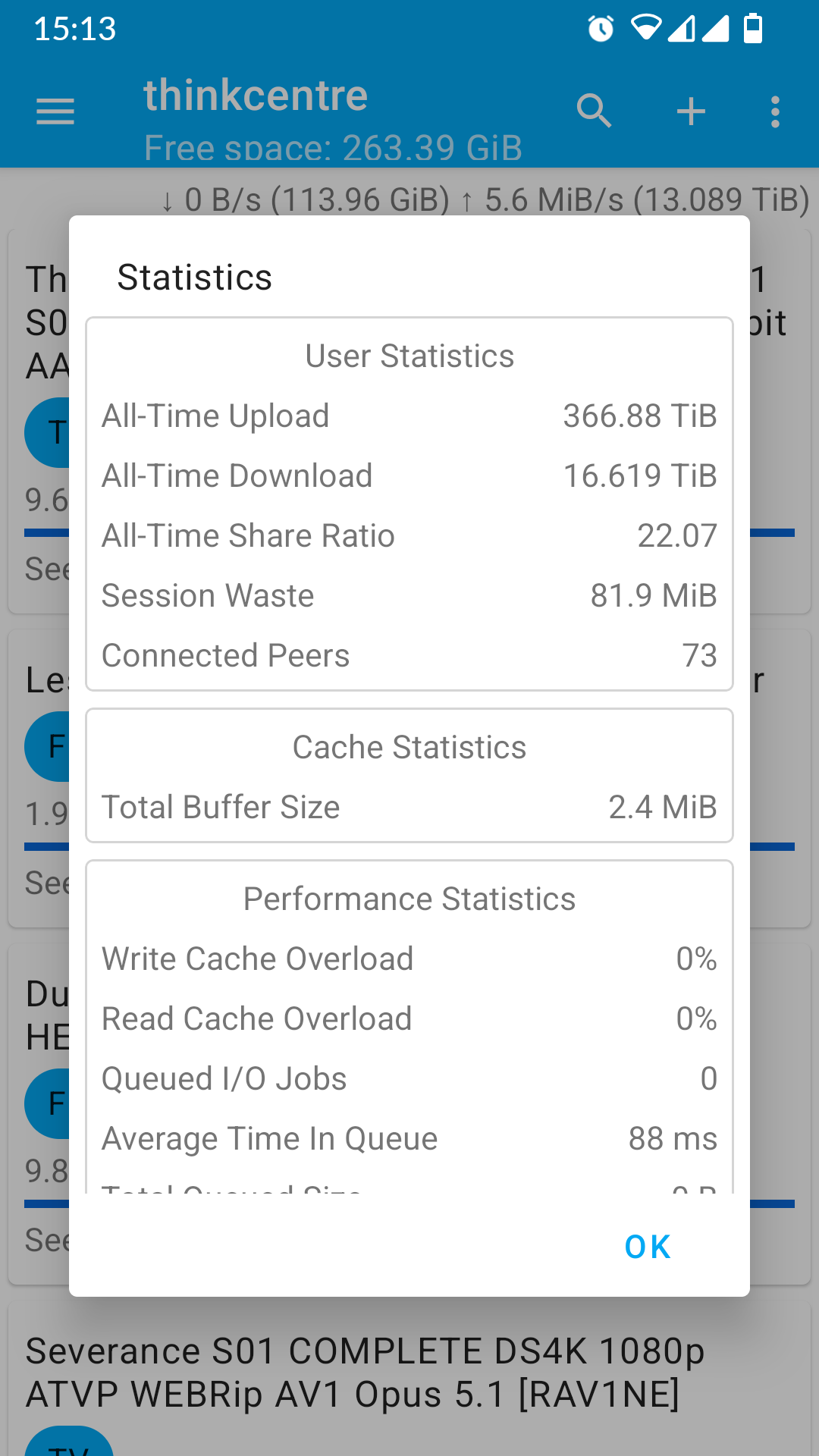pipes
They are usually separate things. Cookies are produced/saved locally, to be read in the next visit (by the same website or maany websites basically forever unless you use firefox containers or at least clear them once in a while). There's also local storage which is different but can also be used to identify you across the web. Ads, trackers, all of these categories are often made of many small components: you read a single article on a "modern" newspaper website, hundreds of connection are being made, different tiny scripts or icons or images are being downloaded (usually from different subdomains for different purposes but there's no hard rule). It's possible to block one thing and not another. For example I can block Google Analytics (googletagmanager) which is a tracker, but accept all of Google's cookies.
I don't use a VPN but still had to assign a port interval or something to Soulseek from the router; other software maybe picks a more sensible (lower) port number?
Oh another tip, I have set it to always create subdirectories even if it's single files in the torrent. Makes it easier to browse the main folder alphabetically later!
Other than linking in the filesystem as Grippler said (took me a while to understand soft and hard links on linux but they're soo useful); you can create categories with a default location (e.g. /qbt/-TV, /qbt/-Films), so you only need to pick a category when adding a torrent, and "Automatic Management mode" should save it to the right folder automagically. Also if you don't like the names you can rename both items in the torrent list and/or their corresponding foldernames and filenames, I do all this from qbittorrent (probably doable with other software as well).
You gotta pump those numbers up 🤓 holy sheet 16TiB is actually more dl than I remembered..this is from a 2TB ssd :) in a couple of years

Just needed to remake a Z-lib account recently (without an account you can read but not download I think), and an alias from simplelogin worked. With temp-mail services I wasnt getting the confirmation email. And I ain't gonna use my domain for pirating, sorry :)
Yep. Loads of unorganized (and some organized) files uploaded over decades via FTP 😅 a mess full of gems
Apparently the issues are mostly with the outgoing download links from libgen.rs and .st (passing through libgen.lol), including the IPFS links which were being problematic in the past few months already.
Instead I just tried something from libgen.gs which is the one for comicbooks, and it's downloading fine from the direct link.
Thankfully most if not all content should be backed up on Annas-archive!
Oh sorry, can't think of an easy solution then. I've seen that audiobookshelf can find metadata for you, that could be doable. They also support ebooks but if I understood correctly from their docs they don't get synced to the audio position, just to themselves.
A promising but still in beta software is Storyteller, under very active development here. It works by creating a 'rich' epub that contains the audio synced line by line, which you can then read/listen to with just one app.
There's also older software with a similar approach like syncabook but at a glance it seems less usable than Storyteller.
HDD usually don't have a limited number of writes like SSD do, if they are robust, maybe enterprise units, they can last a long time.
In a home environment some prefer using slower (5400 vs 7200), non-enterprise hard drives, maybe fewer drives with higher capacity, to reduce noise, power consumption and improve cooling (in enterprise settings this stuff is standardized and they don't care about noise, in my custom pc I might have forgotten to use the vibration dampeners or I mounted the disks vertically..every white box is different).
Also there are big differences between different models and makers. If they're cheap enough those helium filled enterprise drives can be one of the best options!
1337x is my favorite. Look for efficient encodes like HEVC or AV1 for a better quality/size ratio (and ideally AAC or opus for audio). It's usually in the torrent name as well as the resolution, source, etc.